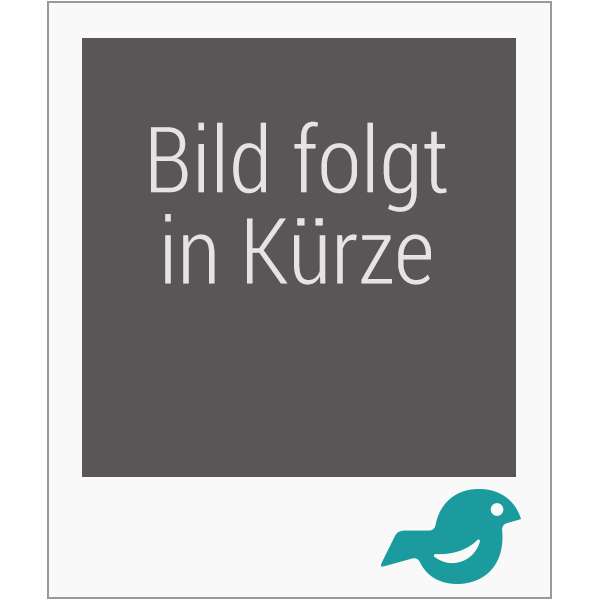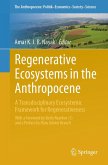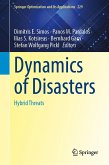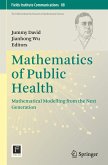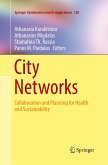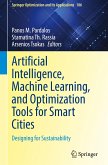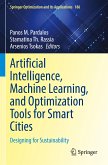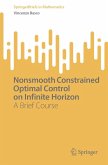This book is a collection of select chapters on topics related to uncertainty, optimization techniques and machine learning applications, emphasizing applications that directly address topics related to five SDG goals:
SDG 3 (Good Health and Well-Being)
SDG 7 (Affordable and Clean Energy)
SDG 9 (Industry, Innovation and Infrastructure)
SDG 12 (Responsible Consumption and Production)
SDG 13 (Climate Action)
The book studies the intricate landscape of these converging SDG fields. It is designed to facilitate a deeper understanding of the complexities involved in decision-making, risk management and predictive analysis in uncertain environments. The book serves as a comprehensive reference for researchers, practitioners and students, providing tools and insights to address real-world challenges through cutting-edge approaches in uncertainty, optimization and machine learning. Contents of the book are divided into seven parts:
Part 1: Advanced Mathematical Techniques. It offers foundational methods, including solidarity network allocation rules and applications of hidden Markov models in genomic analysis, setting the groundwork for advanced applications in diverse industries.
Part 2: Risk Assessment and Decision-Making Techniques. It addresses occupational risks, consumer behaviour in green product purchasing and optimal strategies in high-risk industries through refined decision-making models.
Part 3: Financial Analysis and Predictive Modelling. It helps readers explore anomaly detection in cryptocurrency markets and portfolio selection using genetic algorithms, as well as advanced probabilistic models that enhance predictive accuracy for financial and healthcare applications.
Part 4: Portfolio Optimization. It discusses the Markowitz portfolio optimization with beta weighting based on market trends. Evolutionary computation for portfolio optimization for Indian market and a comparison of meta-heuristic techniques for portfolio optimization has also been presented.
Part 5: Optimization and Inventory Management. It focuses on innovative inventory policies that account for factors like deteriorating demand and carbon emissions, incorporating fuzzy group decision-making to address sustainability.
Part 6: Renewable Energy and Environmental Management. It underscores sustainable practices through multi-attribute decision-making frameworks, examining the impact of government subsidies on green supply chains and optimizing renewable energy projects.
Part 7: Artificial Intelligence and Machine Learning Applications. It showcases AI s transformative impact, from algorithmic trading to advancements in healthcare and construction. Topics like deep learning in medical imaging and AI-driven portfolio optimization highlight the growing potential of AI across domains.
SDG 3 (Good Health and Well-Being)
SDG 7 (Affordable and Clean Energy)
SDG 9 (Industry, Innovation and Infrastructure)
SDG 12 (Responsible Consumption and Production)
SDG 13 (Climate Action)
The book studies the intricate landscape of these converging SDG fields. It is designed to facilitate a deeper understanding of the complexities involved in decision-making, risk management and predictive analysis in uncertain environments. The book serves as a comprehensive reference for researchers, practitioners and students, providing tools and insights to address real-world challenges through cutting-edge approaches in uncertainty, optimization and machine learning. Contents of the book are divided into seven parts:
Part 1: Advanced Mathematical Techniques. It offers foundational methods, including solidarity network allocation rules and applications of hidden Markov models in genomic analysis, setting the groundwork for advanced applications in diverse industries.
Part 2: Risk Assessment and Decision-Making Techniques. It addresses occupational risks, consumer behaviour in green product purchasing and optimal strategies in high-risk industries through refined decision-making models.
Part 3: Financial Analysis and Predictive Modelling. It helps readers explore anomaly detection in cryptocurrency markets and portfolio selection using genetic algorithms, as well as advanced probabilistic models that enhance predictive accuracy for financial and healthcare applications.
Part 4: Portfolio Optimization. It discusses the Markowitz portfolio optimization with beta weighting based on market trends. Evolutionary computation for portfolio optimization for Indian market and a comparison of meta-heuristic techniques for portfolio optimization has also been presented.
Part 5: Optimization and Inventory Management. It focuses on innovative inventory policies that account for factors like deteriorating demand and carbon emissions, incorporating fuzzy group decision-making to address sustainability.
Part 6: Renewable Energy and Environmental Management. It underscores sustainable practices through multi-attribute decision-making frameworks, examining the impact of government subsidies on green supply chains and optimizing renewable energy projects.
Part 7: Artificial Intelligence and Machine Learning Applications. It showcases AI s transformative impact, from algorithmic trading to advancements in healthcare and construction. Topics like deep learning in medical imaging and AI-driven portfolio optimization highlight the growing potential of AI across domains.

